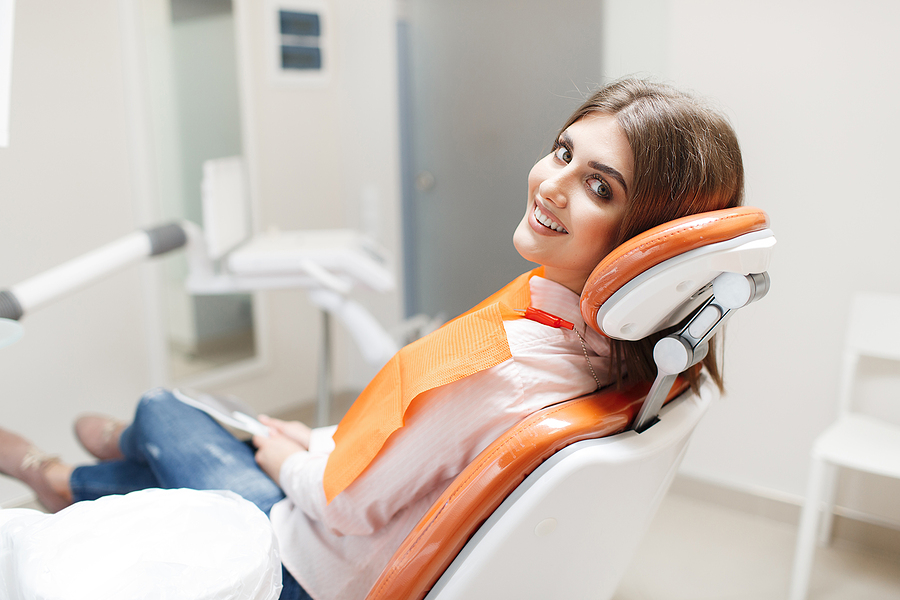Posted by Dr. Ronald F. Jacob on Mar 28 2019, 02:51 AM
Baby teeth are at major risk for decay as soon as they appear. For most children, baby teeth start erupting at the age of 6 months. A common term for tooth decay in toddlers and infants is Baby Bottle Tooth Decay. Usually, this condition afflicts the child’s upper front teeth. However, any teeth can be afflicted with Baby Bottle Tooth Decay. Sometimes, toddlers and infants end up with teeth that are so decayed the teeth must be removed.
Fortunately, tooth decay is a preventable condition. Once your child turns 3-years-old, chances are they will have an entire set of 20 baby teeth. Your child’s jaws will grow over time to create room for the permanent teeth.
CHILDREN DENTAL HEALTH TIPS
TEETHING
Teething is one of the first milestones of life. At birth, newborns have no visible teeth. However, baby teeth start to erupt within six months after birth. Within a few years, your child will have a set of 20 baby teeth. As your child’s baby teeth start to erupt, they may become irritable, fussy, and sleepless. They may also drool significantly and lose their appetite. These are all normal symptoms of teething for babies. Symptoms that are not normal include fever, diarrhea, and rashes. Call your physician if your child begins to experience these symptoms while teething.
FIRST DENTAL VISIT
Once your child gets their first tooth, you should schedule an appointment with your dentist. According to the ADA, the first dental visit should occur within six months after your child’s first tooth erupts. The first dental visit should occur before your child’s first birthday. Don’t wait until a dental emergency or when your child starts school to take them to the dentist. It is never to early to help your child start developing healthy oral habits.

Dental Implants vs. Natural Teeth: Do They Really Feel the Same?

Why Cosmetic Dentistry Isn’t Just About Looks: Functional Benefits Explained

The Impact of Dental Implants on Jawbone Health & Facial Structure

How Restorative Dentistry Can Improve Your Quality of Life

Achieve a Straighter Smile with Invisalign in Palm Coast, FL